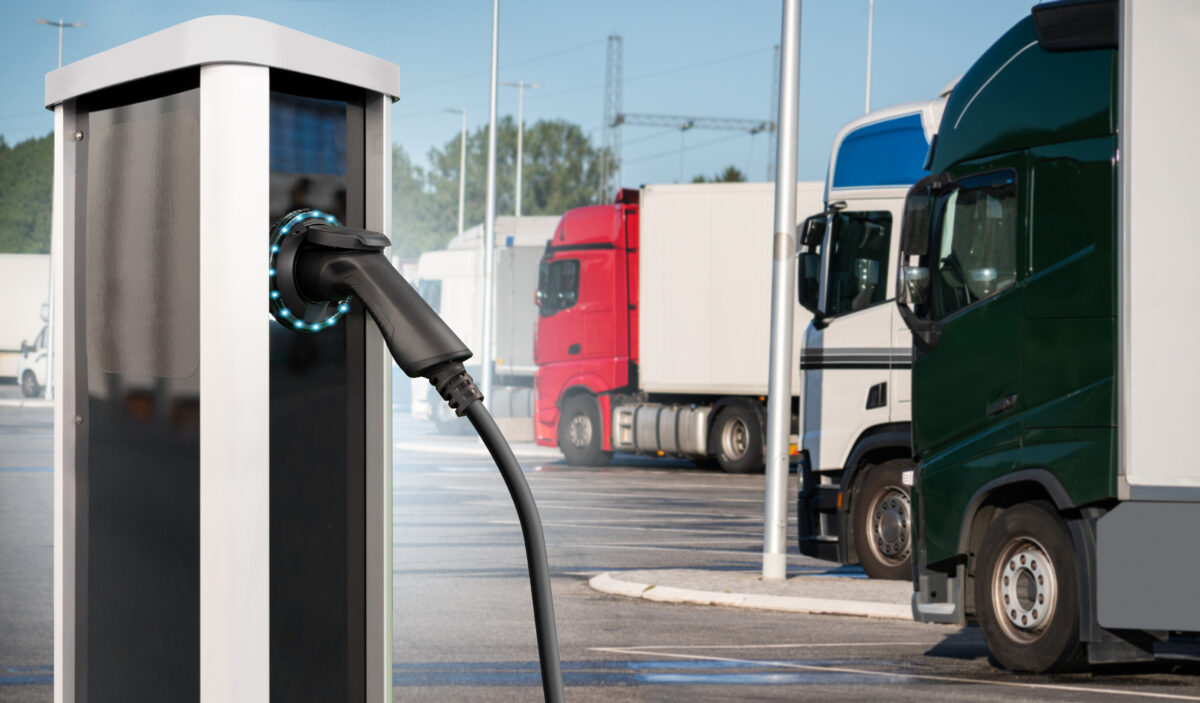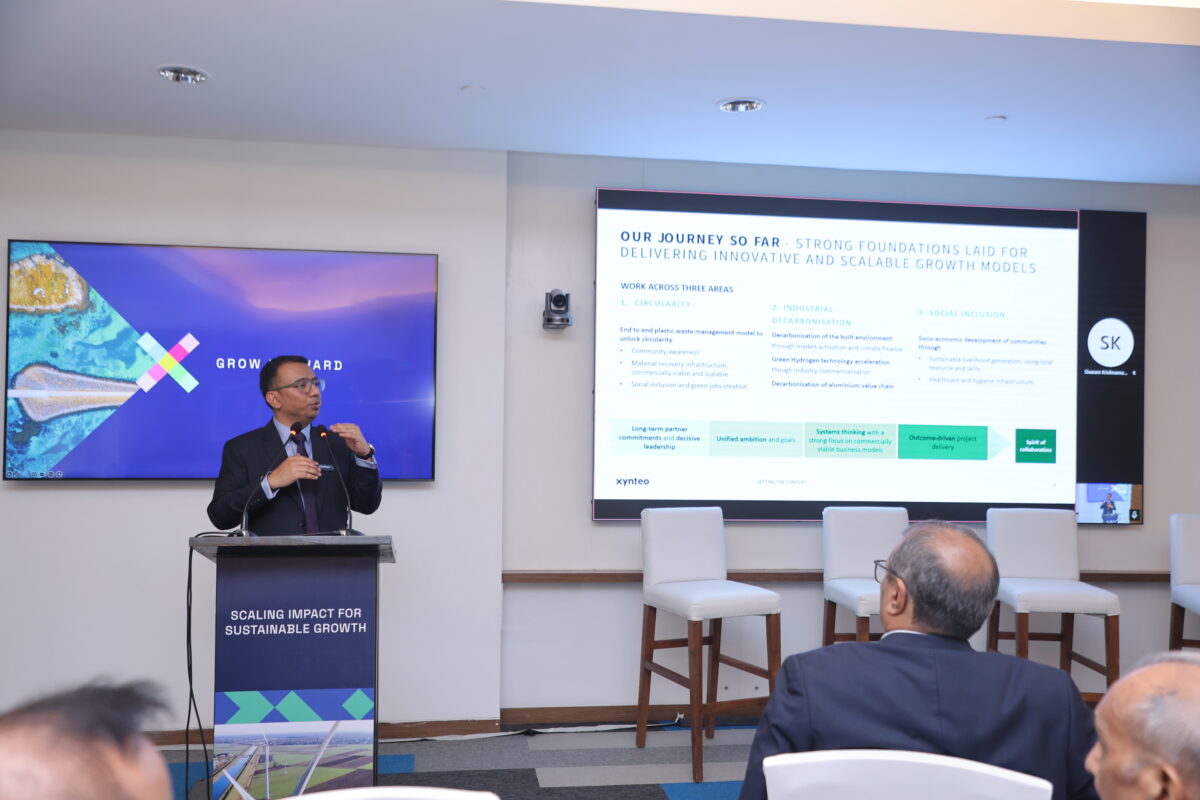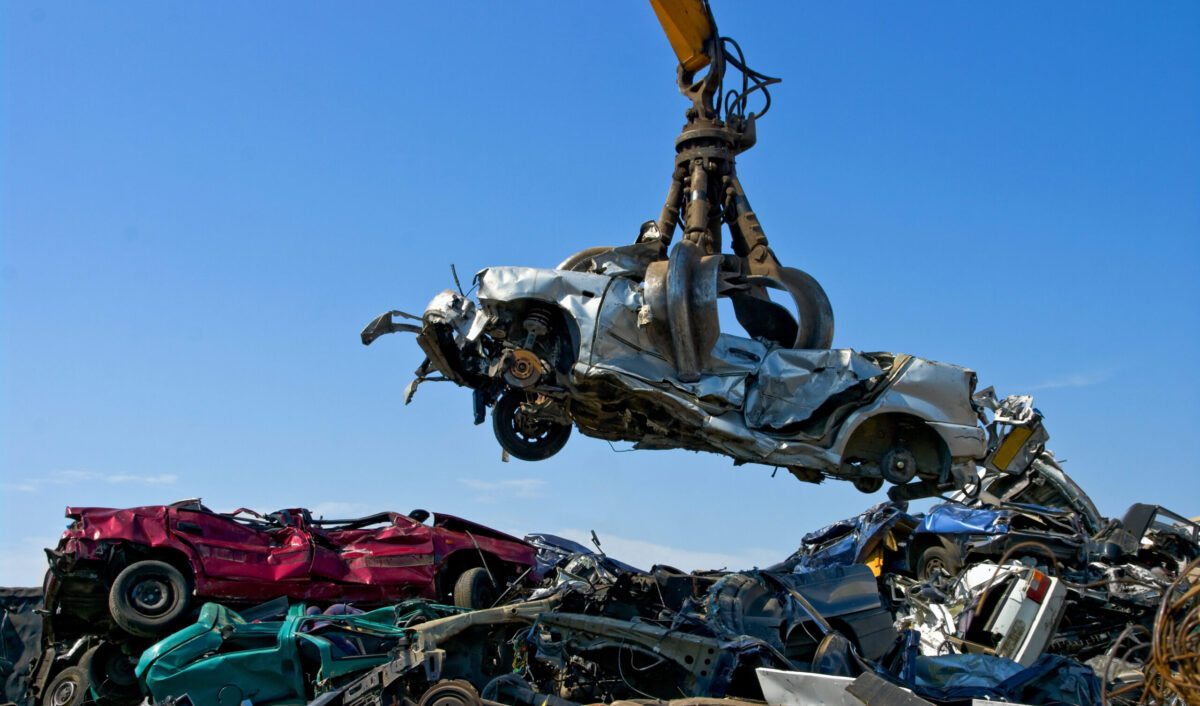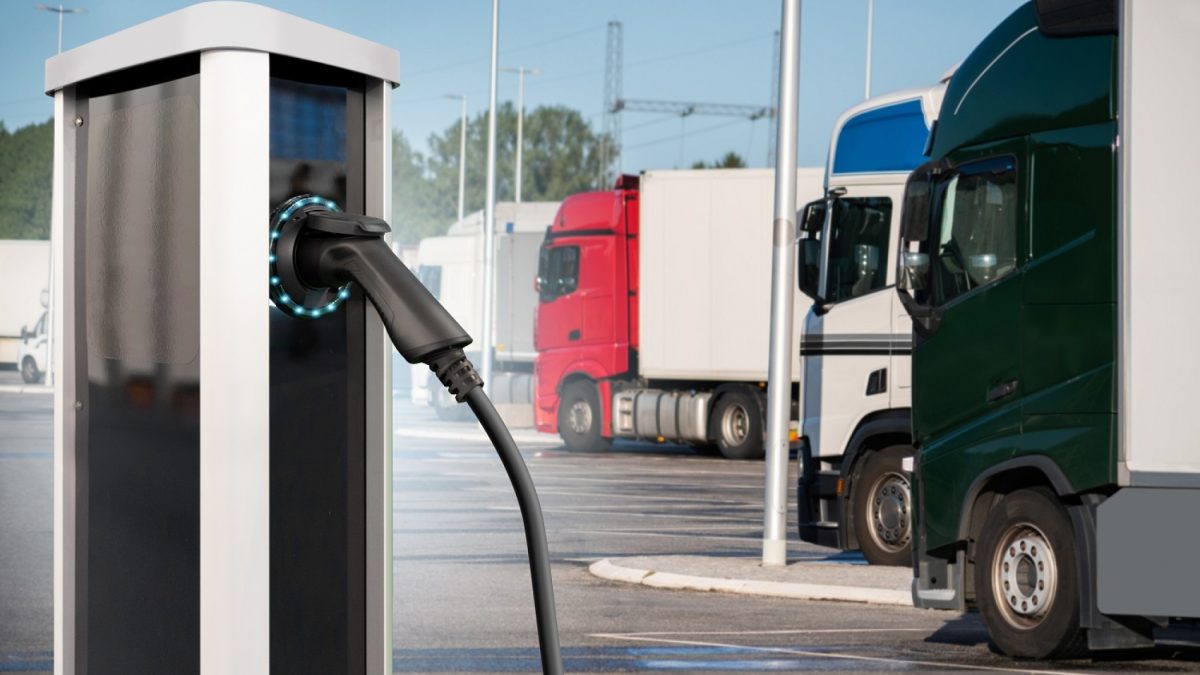As India’s electric vehicle revolution gains momentum, the country faces a critical challenge: building a circular ecosystem for electric vehicle (EV) batteries. With projections showing that by 2030, 128 gigawatt-hours’ worth of EV batteries will reach their end-of-life for primary automotive applications, the imperative to develop robust recycling and second-life infrastructure has never been more urgent.
Your EV battery’s second act can power India’s future











